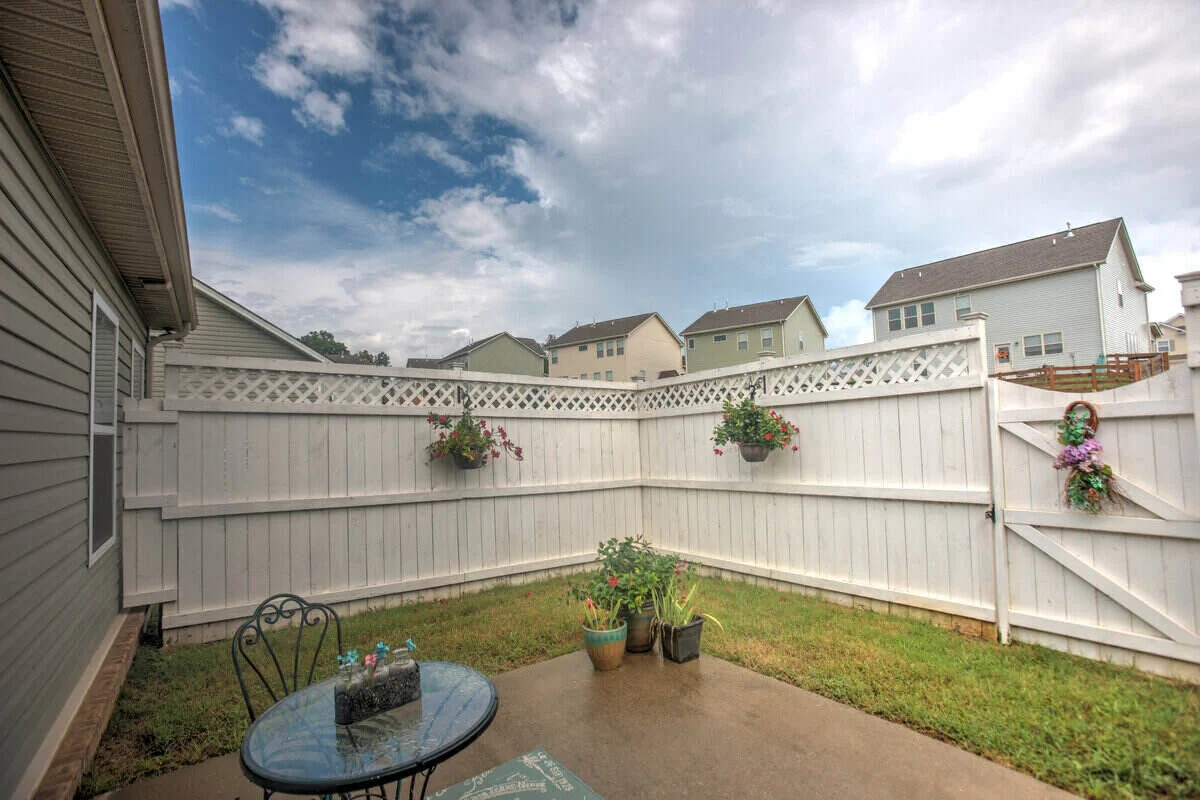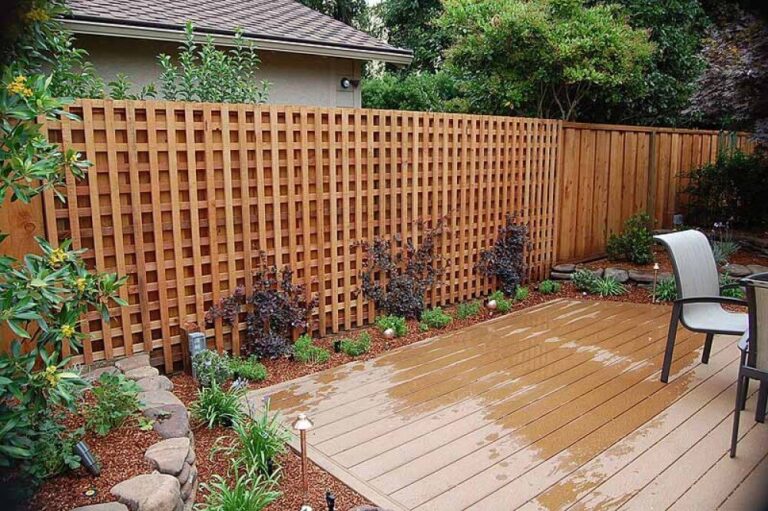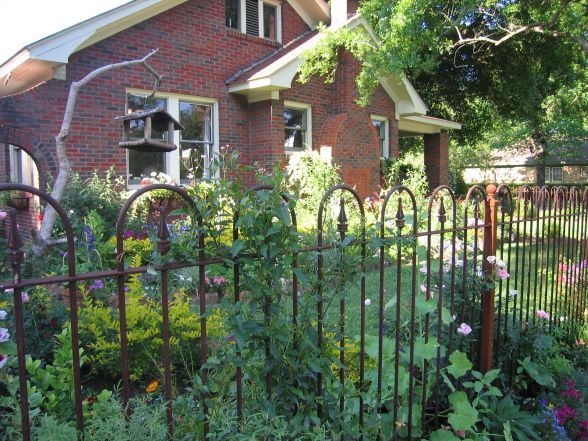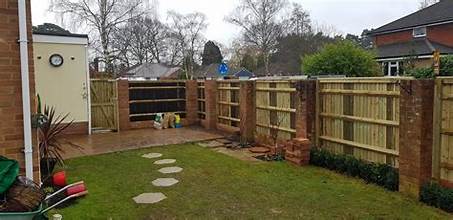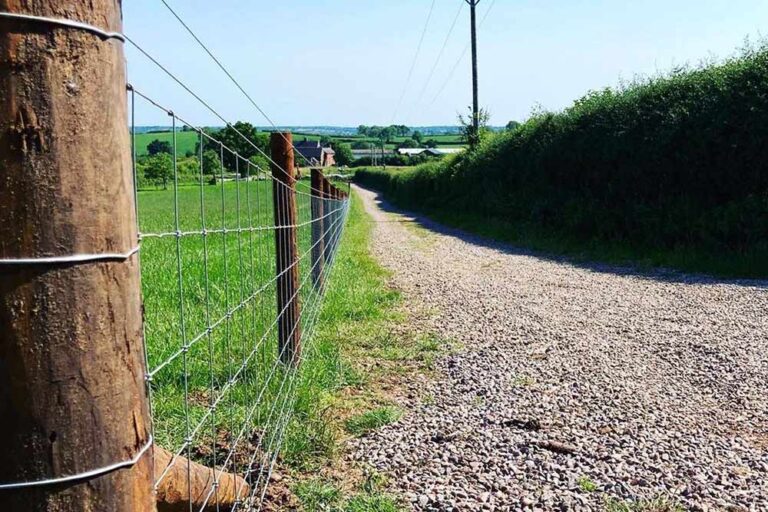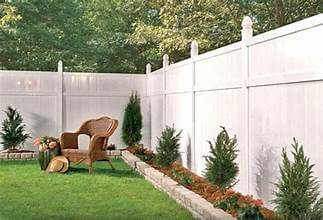Vinyl fencing offers low maintenance and durability, but it can be more costly than other materials. Vinyl fencing is known for its long-lasting, low-maintenance qualities, making it a popular choice for homeowners.
However, the initial cost of installation can be higher compared to other fencing materials.
Despite this, its long-term durability and resistance to rot, pests, and weather make it a worthwhile investment.
In addition, it comes in a variety of styles and colors, providing flexibility for different aesthetic preferences.
However, it’s important to consider factors such as the environmental impact of production and the need for professional installation.
Understanding the pros and cons of vinyl fencing will help you make an informed decision for your property.
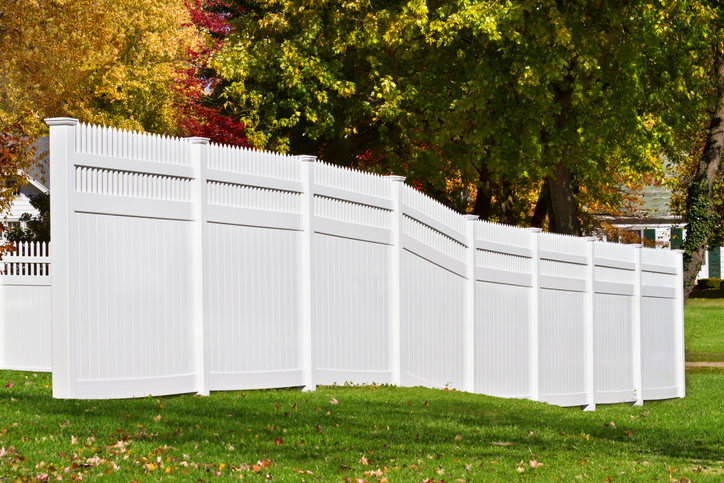
The Basics Of Vinyl Fencing
When it comes to fencing options for your property, Safeguarding spaces with our premium fences is a key consideration.
Among the various materials available, vinyl fencing stands out for its durability and low maintenance requirements.
This makes it an ideal choice for those looking for a long-term, hassle-free solution for their property boundaries.
Vinyl fencing not only offers robust protection but also adds aesthetic value to your outdoor space.
Its versatility in design and color options allows it to seamlessly blend with different architectural styles, enhancing the overall appearance of your property.
What Is Vinyl Fencing?
Vinyl fencing is made from polyvinyl chloride (PVC) and is a type of synthetic material that is known for its strength and weather resistance.
It is also a popular alternative to traditional wood and metal fences due to its easy maintenance and long-lasting nature.
Durability And Longevity
One of the key advantages of vinyl fencing is its remarkable durability and longevity. Unlike wood fencing, vinyl does not rot, warp, or splinter, making it an ideal choice for areas with harsh weather conditions.
Additionally, vinyl fences are resistant to insect damage and can withstand fading from UV exposure, ensuring that they will maintain their pristine appearance for years to come.
Variety In Styles And Designs
Vinyl fencing offers a wide range of styles and designs to suit various aesthetic preferences and property types.
Whether you prefer a classic picket fence or a more contemporary privacy fence, vinyl can be manufactured to mimic the appearance of different materials, providing versatile options for enhancing the look of your outdoor space.
Benefits Of Vinyl Fencing
Vinyl fencing offers several benefits compared to traditional wood or metal fencing options. Its durability, low maintenance.
And ease of installation make it an attractive choice for homeowners and business owners alike.
In this section, we will explore the various advantages of vinyl fencing, including its low maintenance, resistance to rot, decay, and insects, and ease of installation.
Let’s dive into the benefits of vinyl fencing in more detail:
Low Maintenance
One of the primary benefits of vinyl fencing is its low maintenance requirements. Unlike wood fencing, vinyl does not need to be painted, stained, or sealed to maintain its appearance.
It can be easily cleaned with soap and water, making it a hassle-free option for those seeking a durable and visually appealing fencing solution.
Resistant To Rot, Decay, And Insects
Vinyl fencing is inherently resistant to rot, decay, and insect damage. This makes it a long-lasting option for outdoor fencing.
As it can withstand the elements and is not susceptible to the same issues that can plague traditional wood fences.
As a result, vinyl fencing is an excellent choice for areas with high humidity or where pests are a concern.
Ease Of Installation
Another significant benefit of vinyl fencing is its ease of installation. Vinyl fence panels are designed to be simple to install, often requiring no special tools or skills.
This can save time and money for those looking to complete a fencing project without the need for professional assistance.
Additionally, the lightweight nature of vinyl fencing materials makes handling and maneuvering them much more manageable compared to heavier alternatives.
Considerations Before Choosing Vinyl Fencing
Before installing a vinyl fence around your property, there are important considerations to weigh.
Understanding the pros and cons can help you make an informed decision. Here are some essential considerations before choosing vinyl fencing:
Initial Cost And Long-term Investment
One of the primary considerations when opting for vinyl fencing is the initial cost versus its long-term investment.
While the upfront cost of vinyl fencing may be higher than other materials such as wood or chain-link, it is essential to consider the long-term benefits.
Vinyl fences are low maintenance, eliminating the need for regular painting or staining, which could result in substantial cost savings over time.
Limited Color Options
When it comes to the aesthetic appeal of your property, the limited color options available with vinyl fencing might be a crucial factor to consider.
Unlike materials like wood, which can be easily painted or stained in a variety of shades, vinyl fencing typically offers a more restricted range of color choices.
It’s important to consider whether the available colors align with your desired aesthetic and property landscape.
Impact On The Environment
Another vital consideration before choosing vinyl fencing is its impact on the environment.
While vinyl fences do not require the use of harmful chemical treatments or ongoing maintenance that can potentially harm the environment, the production and disposal of vinyl materials can have negative environmental implications.
It’s essential to weigh the environmental impact of vinyl fencing against its durability and low maintenance characteristics.
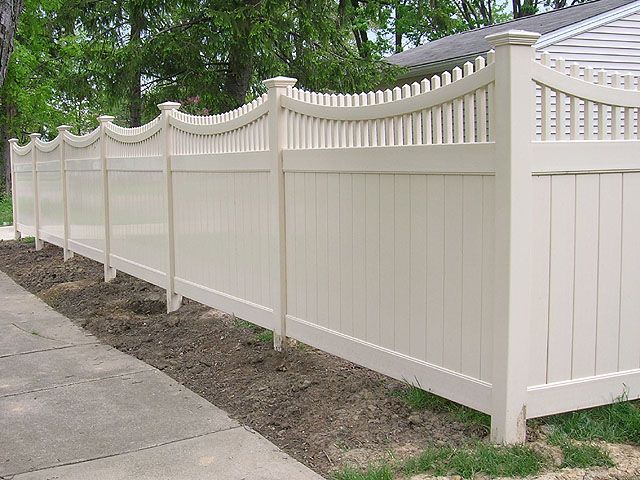
Frequently Asked Questions
What Are The Advantages Of Vinyl Fencing?
Vinyl fencing offers low maintenance, durability, and a variety of styles, providing long-term value and curb appeal to your property.
How Does Vinyl Fencing Compare To Traditional Wood Fencing?
Vinyl fencing requires less maintenance, doesn’t rot or warp, and can last longer than wood fencing, making it a cost-effective, durable choice.
Is Vinyl Fencing An Environmentally Friendly Option?
Vinyl fencing is eco-friendly as it doesn’t require toxic chemicals for maintenance, is recyclable, and has a long lifespan, reducing the need for replacements.
Conclusion
Vinyl fencing offers numerous benefits, such as low maintenance, durability, and versatility in design.
However, it also comes with drawbacks, including potential color fading and environmental concerns.
When considering vinyl fencing for your property, weigh these pros and cons carefully to make an informed decision that aligns with your specific needs and preferences.

